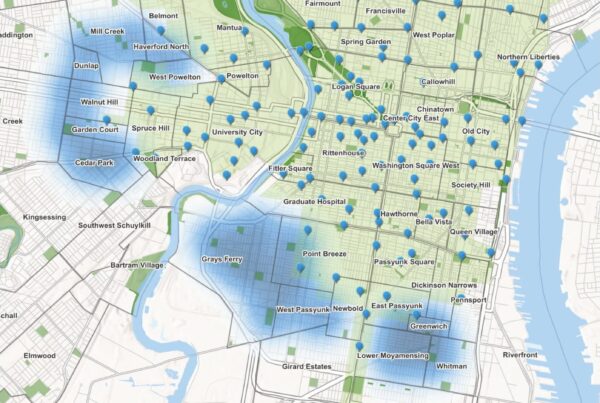Research by the Transportation Sustainability Research Center | December 1, 2011
Published by Innovative Mobility.
Abstract:
This paper evaluates the greenhouse gas (GHG) emission impacts that result from individuals participating in carsharing organizations within North America. The authors conducted an online survey with members of major carsharing organizations and evaluated the change in annual household emissions (e.g., impact) of respondents that joined carsharing. The results show that a majority of households joining carsharing are increasing their emissions by gaining access to automobiles. However, individually, these increases are small. In contrast, the remaining households are decreasing their emissions by shedding vehicles and driving less. The collective emission reductions outweigh the collective emission increases, which implies that carsharing reduces GHG emissions as a whole. The results are reported in the form of an observed impact, which strictly evaluates the changes in emissions that physically occur, and a full impact, which also considers emissions that would have happened but were avoided due to carsharing. The mean observed impact is −0.58 t GHG/year per household, whereas the mean full impact is −0.84 t GHG/year per household. Both means are statistically significant.We present a sensitivity analysis to evaluate the robustness of the results and find that the overall results hold across a variety of assumptions. The average observed vehicle kilometers traveled (VKT) per year was found to decline by 27%. We conclude with an evaluation of the annual aggregate impacts of carsharing based on current knowledge of the industry membership population.
Download (journal article)
Download (final report)



